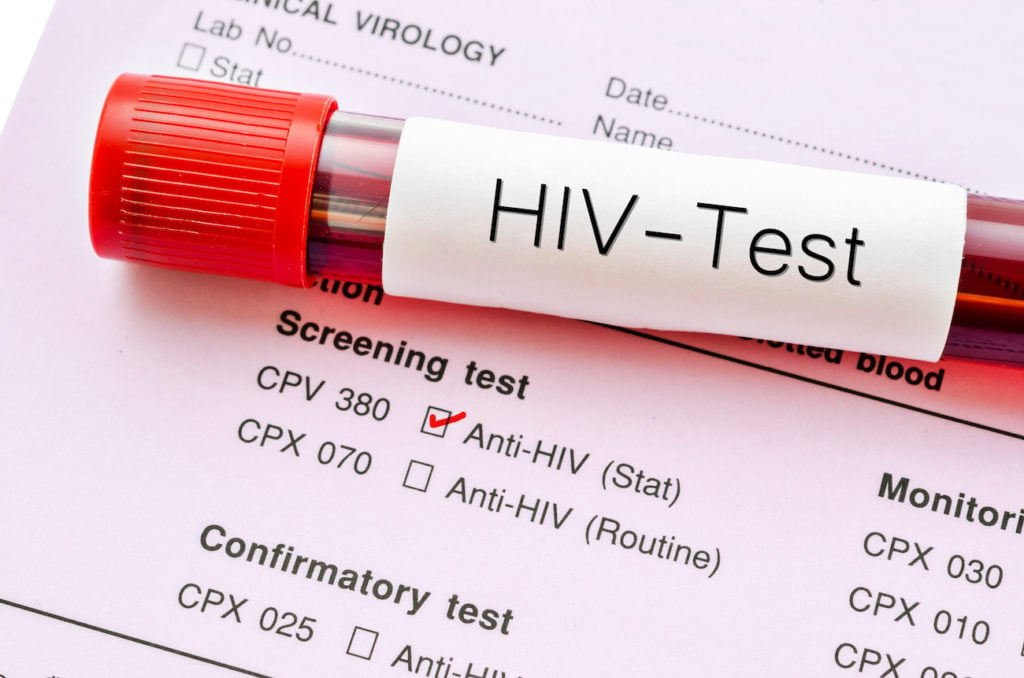
The FDA has ended its 40-year ban on gay and bisexual men from donating blood, a policy that numerous critics said was discriminatory, the agency announced. Instead, the Food and Drug Administration issued updated recommendations on Thursday that include a questionnaire for all donors, regardless of sexual orientation, sex, or gender identity, to help understand their recent sexual activity. Photo: iStock.
The FDA has ended its 40-year ban on gay and bisexual men from donating blood, a policy that numerous critics said was discriminatory, the agency announced.
Instead, the Food and Drug Administration issued updated recommendations on Thursday that include a questionnaire for all donors, regardless of sexual orientation, sex, or gender identity, to help understand their recent sexual activity.
Prospective blood donors will answer a series of individual, risk-based questions to determine eligibility.
Any potential donor who reports recent sex with new or multiple partners or anal sex under those screening criteria would still be turned away for three months to reduce the likelihood of donations by individuals with new or recent HIV infection, FDA said.
The revised guidance would also restrict blood donations from people taking oral PrEP to prevent HIV infection, a restriction the agency said was designed to avoid false-negative results during blood screening.
LGBTQ health advocates had mixed reactions to the guidance.
“The FDA’s recommendations … is an important step in the right direction,” Jason Cianciotto, of New York City’s GMHC, said.
“Since GMHC published the report ‘A Drive for Change: Reforming U.S. Blood Donation Policies’ in 2010, we have been calling on the FDA to implement a screening tool that assesses each prospective donor based on their risk for exposure to HIV within the window period that modern testing cannot detect it.
“This moves us closer to FDA policy based on science, not stigma, because HIV is not a ‘gay disease’,” he said.
GLAAD’s CEO and President Sarah Kate Ellis said, in a statement on Twitter, that “The FDA’s decision to follow science and issue new recommendations for all Americans, regardless of sexual orientation, who selflessly donate blood to help save lives, signals the beginning of the end of a dark and discriminatory past rooted in fear and homophobia.”
But criticized the deferral period for individuals on PrEP, an FDA-approved drug proven to prevent HIV acquisition, saying it “continues to erect barriers to LGBTQ blood donors.
“Placing potential blood donors taking PrEP in a separate line from every other donor adds unnecessary stigma. The bias embedded into this policy may, in fact, cost lives,” she said.
The updated guidance follows a period where the FDA reviewed public comments before releasing the new guidelines.
The FDA also recommended blood donation centers revise donor education materials, questionnaires, and accompanying materials, along with revisions to donor requalification and product management procedures.
For years, various groups including The American Public Health Association, the American Red Cross, and the American Medical Association have commended the FDA’s blood ban.
A 2014 study by the Williams Institute at the UCLA School of Law estimated that if the ban would be lifted, an additional 360,000 men would likely donate, which could help save the lives of more than 1 million people.
